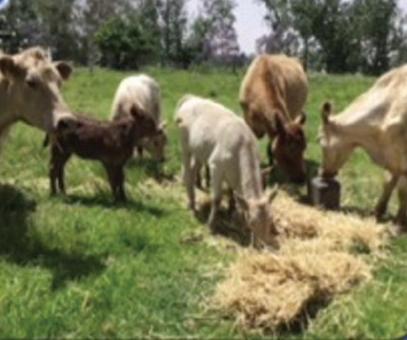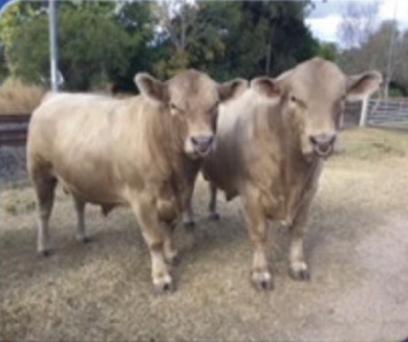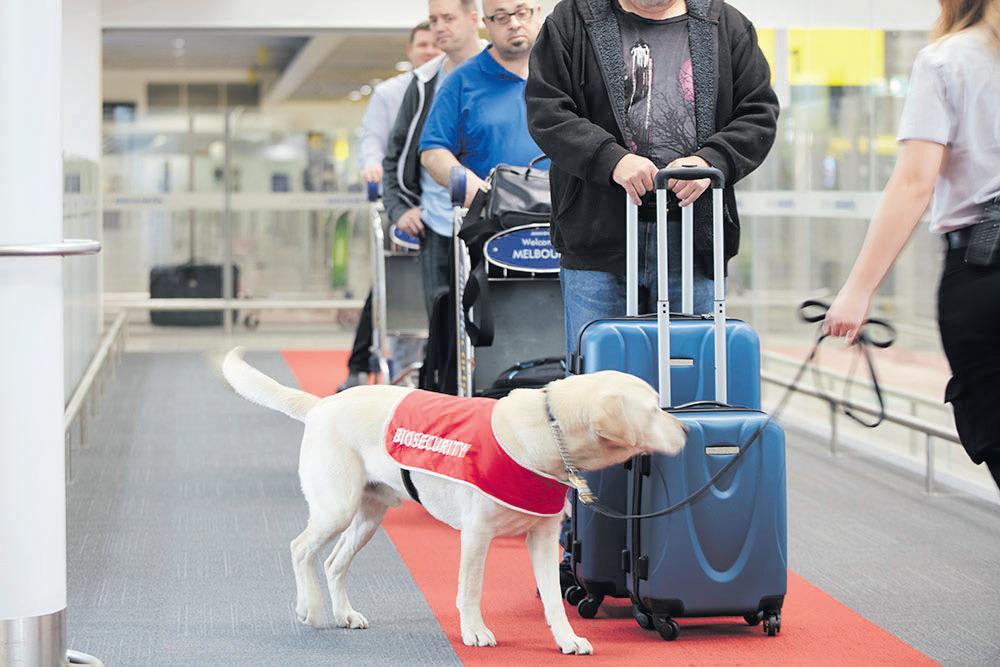
2 minute read
ACCC updates Dairy Code guidance for industry REINFORCING BIOSECURITY FOR INDONESIA AND TIMOR-LESTE
By Jeffrey Gibbs
Australia’s ongoing commitment to biosecurity remains strong, and the program to boost biosecurity capabilities in Indonesia and Timor-Leste is yet another example of our commitment to protecting our farmers from devastating diseases like FMD and LSD.
The Australian Government has continued to strengthen its commitment to biosecurity with a $770,000 international training program to boost biosecurity capabilities in Indonesia and Timor-Leste. This program is part of a larger agenda to invest in regional biosecurity, which includes closer collaboration and cooperation with our closest neighbours.
Agriculture, Fisheries and Forestry Minister, Murray Watt, said that Australia is free from Foot-and-Mouth Disease (FMD) and Lumpy Skin Disease (LSD) and wants to keep it that way. He said that by helping our neighbours detect and manage their risk, it will help protect our vital agricultural sector. Since May 2022, following the detection of FMD in Indonesia, the Australian Government has ramped up its work
The funding will create and deliver countryspecifc ‘train the trainer’ programs for Indonesia and Timor-Leste as part of a $14 million package announced by the Australian Government last year.
Charles Sturt University and the department have been working closely with animal and plant quarantine colleagues in Timor-Leste and Indonesia to determine gaps in their capacity to detect and mitigate the risk of exotic disease entering through regulated pathways.
The program will be conducted through Australia’s Biosecurity Training Centre (BTC) from April 2023 and will provide vital support to Indonesia’s efforts to control the FMD and LSD outbreaks while assisting Timor-Leste in preventing and preparing for an incursion. Indonesian participants will be receiving training in international best practice approaches to biosecurity, including developing an understanding of the practical implementation of these approaches. Areas covered will include import risk analysis, border clearance processes, on shore management, disinfection treatments, and specifc risk management associated with high priority transboundary plant pests and animal diseases including FMD and LSD.
Timorese delegates will have their existing skills expanded with a focus on key animal and plant pests and diseases that are important in the Timor-Leste setting, with the key focus being mitigating the risk of FMD, which is currently not present in TimorLeste, through border inspection techniques. Both Indonesian and Timorese offcers will learn ‘train the trainer’ techniques to enable them to mentor their colleagues.

The October budget saw the Albanese Government commit to $134 million in new, long-term biosecurity investment to protect Australia from exotic diseases. This funding has seen a surge in frontline biosecurity offcers, the donation of four million doses of FMD vaccines to Indonesia, the redeployment of detection dogs to northern airports, and the introduction of sanitation foot mats at all international airports with fights from Indonesia. Australia’s commitment to biosecurity remains strong and this program to boost biosecurity capabilities in Indonesia and Timor-Leste is yet another example of our dedication to protecting our farmers from devastating diseases like FMD and LSD.



















